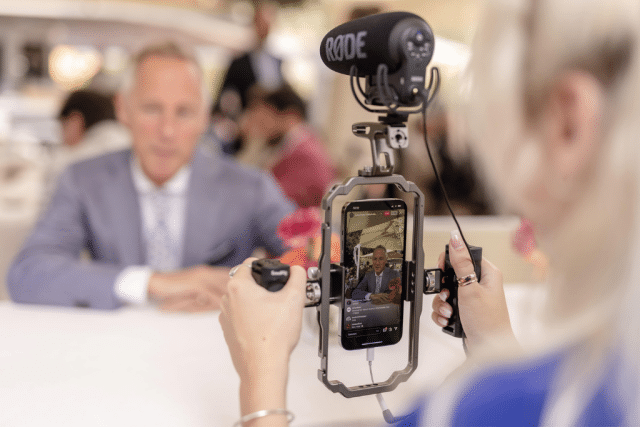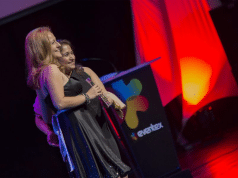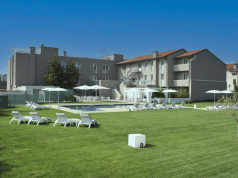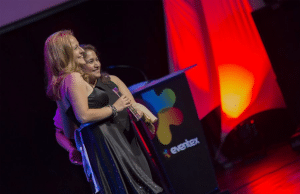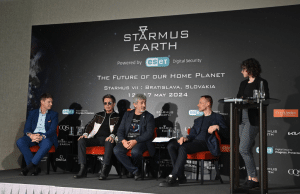We all were eagerly awaiting the return of live events, trade fairs and conferences. Expectations are now high, but so are the risks: Events after the enforced corona break have a different character than before the pandemic. This interim conclusion from the event and live-marketing agency VOK DAMS – based on 50 successfully held events this year alone – outlines which four factors are particularly important to pay attention to when planning post-pandemic live experiences.
The “Zoom mindset” is here to stay
One and a half years of the corona crisis with lockdowns, home office and video communication have left their mark: event attendees want to meet face to face, but at the same time stay online, ready for the next video meeting or call at any time. Smartphones, tablets and notebooks are in constant use even for exciting live keynotes. “This zoom state of mind (always online, always accessible) is one of the most significant examples of how events have changed during the pandemic. There is no longer any inhibition threshold: when the job calls, people are more willing to disengage from the event than ever before,” reports VOK DAMS Managing Director Colja Dams. Access to separate workplaces and rooms for video chats and conferences are therefore just as much a part of a sustainable concept as areas and time slots to socialize.
Develop reliable corona routines
COVID-19 is now part of the new reality. Therefore, there is a need for non-discriminatory routines to protect the health of guests, while at the same time enabling as many people as possible to participate. At the most recent events organized by VOK DAMS, an average of 96 per cent of the guests were vaccinated against the coronavirus. That means: for the – few – unvaccinated participants, rapid tests must continue to be offered. The situation is different with event staff: “PCR tests are essential for all team members, even when fully vaccinated. Any risk of spreading the coronavirus at an event must be minimized,” explains Colja Dams. Another interesting finding at a recent live event is that most participants prefer to sit at greater distances from each other so they can take off their masks.
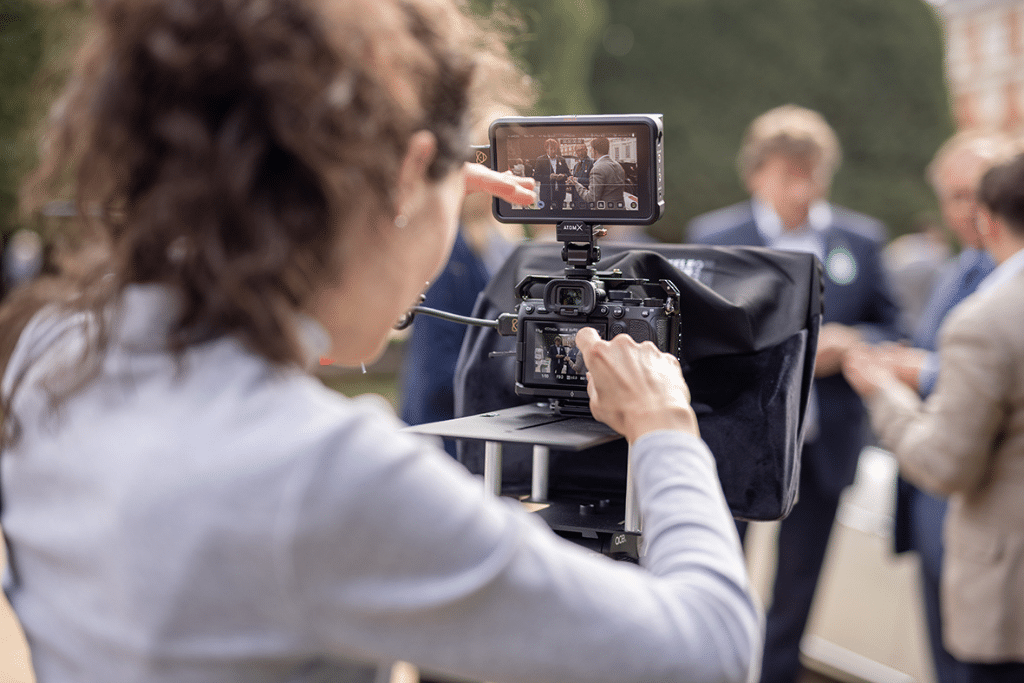
Work agile, plan for the long term
Like many other industries, the events sector is feeling the far-reaching effects of the corona pandemic on the availability and delivery times of many goods. Raw materials for exhibition stands, stages and experiences are scarce. Even when it comes to promotional items, the supply regularly stagnates. Therefore, VOK DAMS together with their clients’ plans and orders early and in an agile way to avoid delays and non-availability. “Especially in corona times, no client desires should be left unfulfilled on opening day, as the expectations of companies and visitors to events are particularly high after the long COVID-19 induced break.” According to Colja Dams. Negotiations with airlines and hotels are also taking place much earlier than usual to ensure that the necessary allotments are available. Dams: “Some suppliers seem to prefer to wait and see in the hope of an even better deal. That may be understandable after the losses of the past year and a half, but in the end, it is counterproductive.”
Persuasive personnel acquisition
HR policies also need to be designed with foresight: VOK DAMS confirms the findings of the international industry association LiveCom Alliance, according to which 54 per cent of employees in Europe have left the live events industry permanently and are looking for and/or have found new employment opportunities. Well-trained (freelance) employees are currently only available in limited numbers. “We manage to find new staff due to our strong brand, good employment terms and strong personal relationships that have been cultivated over many years,” explains Dams. Companies without direct access to this specific job market will find it difficult to acquire enough qualified personnel. On the other hand, the rising demand means that work and career opportunities in the event industry are becoming more attractive again.
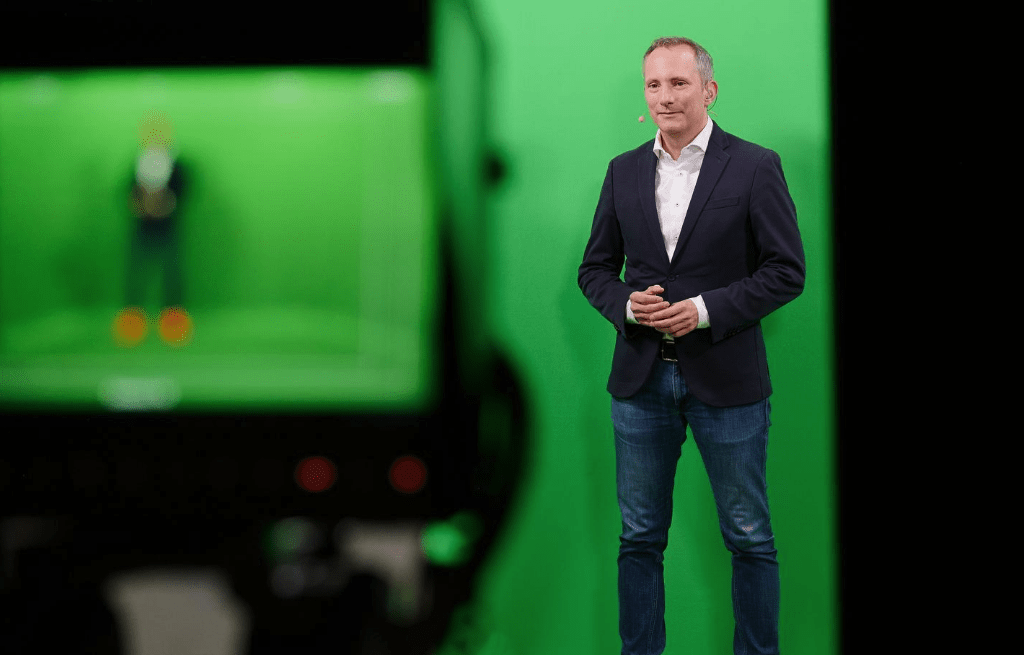
Find out more about VOK DAMS here.


